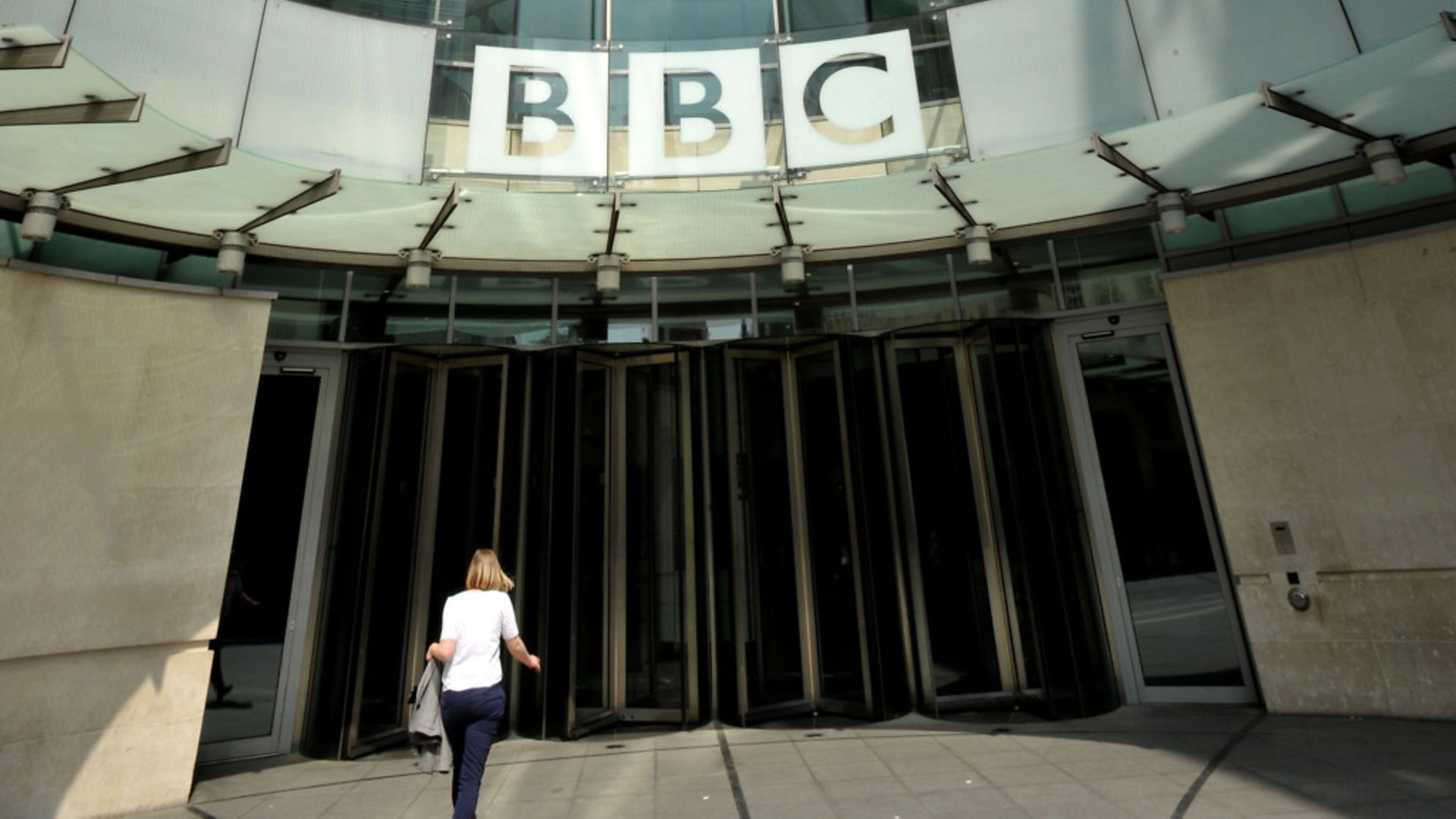There is a problem whose name cannot be spoken bothering executives at the BBC’s New Broadcasting House HQ – and it is not Gregg Wallace. Earlier this year, director general Tim Davie ruled that on-air presenters, reporters and newsreaders could no longer be referred to as “talent”.
To be clear, this move has been quite well received – at least among the majority of BBC staffers and freelancers not lucky enough to be “talent” themselves. If nothing else, referring to the people who appear on-air as “talent” brings with it the somewhat unpleasant implication that mere producers, researchers, editors and other staffers are the untalented dregs.
But more than that, names are culture – Wallace, after all, was BBC “talent” even if he was never employed directly by the corporation. Huw Edwards was “talent”, too. Complaints around the most prominent of the BBC’s staffers are always more complex to handle – especially if they’re felt to be integral to the success of a show – but the sobriquet of “talent” only adds to the air of unassailability around those individuals.
Dropping the label doesn’t magically fix everything, but it’s not a bad start, BBC staffers generally agree. The problem is that there is no officially sanctioned new word that’s been approved from on high, and the word comes up an awful lot during internal BBC conversations. One thought is the corporation is deliberately trying not to find a new word, so as to break down the on-air/off-air divide. Others suspect that no-one’s thought of a suitable one yet.
In the meantime, though, there are a lot of awkward pauses as a staffer or exec realises they’re about to say the forbidden t-word and tries to find another way to finish their sentence. W1A, eat your heart out.




